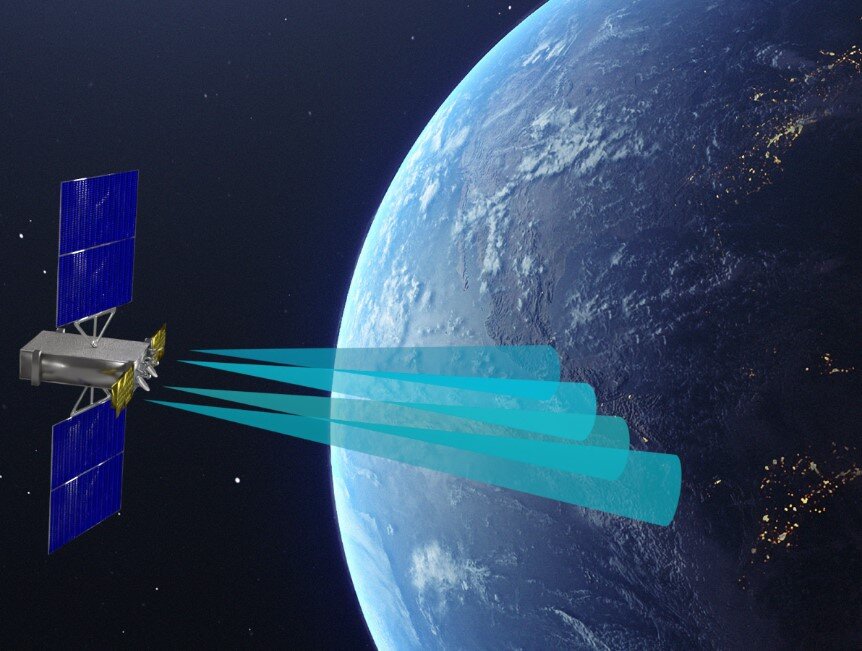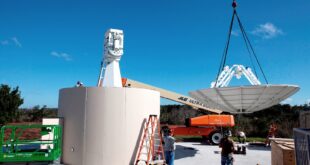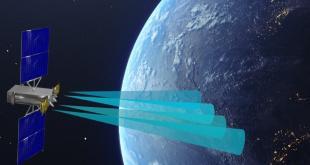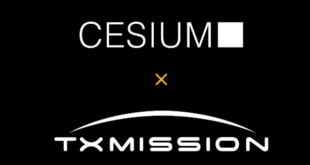
Ibadan, 21 December 2022. – Saturn Satellite Networks has selected CesiumAstro’s Vireo-GEO active phased array RF payload for Saturn’s Space BroadbandNetworks-1 (SBN-1). The SBN-1 program consists of 6 high-throughput geostationary satellites (HTSs) that will provide satellite-based internet access services to satellite operators, capacity resellers, internet service providers, and end users.
Using CesiumAstro’s direct radiating array, the SBN-1 satellites provide high-performance multi-beam connectivity in a power-optimized, thermally efficient configuration. Independently steerable and shapeable beams enable an enhanced quality of service. The innovative payload design will allow the satellite operator to optimize services dynamically, tailoring coverage and throughput to match demand via software commands while in orbit and operational. CesiumAstro will develop the payloads in its facilities in Austin, Texas, for integration into Saturn’s low-cost GEO platform. However, it will develop the Intelligent Space Node (ISN) in its partner’s Silicon Valley facilities.
In an equity partnership with EMP Structured Assets GmbH, Saturn Satellite Networks is developing the SBN-1program with commercial arrangements that include full and partial satellite leases, reducing CAPEX for satellite operators and end users who have thus far committed over $1B of usage commitments. EMP and Saturn have secured more than $235M from equity investors, with ECA financing supporting the balance. The SBN-1 program should begin in Q1 2023, with the satellites launching in the second half of 2025.
“CesiumAstro’s direct radiating array payload technology tremendously increases our ability to provide coverage and power flexibility optimized to our customers’ needs, enabling a small GEO platform that can affordably deliver over 120 Gbps. The direct radiating antenna design dramatically reduces the payload’s thermal dissipation requirements and eliminates the field-of-view restrictions in array-fed reflector designs,” said Tom Choi, chairman and CEO of Saturn Satellite Networks.
“It maximizes the system’s value and flexibility, allowing us to tailor our services to match our users’ dynamic requirements while the satellite is on-orbit. We are glad to work with CesiumAstro’s innovative team led by its CEO, Shey Sabripour. Their professionalism and integrity made this selection the best option for Saturn and, most importantly, our customers.” On-orbit, the ISN HTS GEO satellites will be fully fungible and fully reprogrammable, allowing them to be operated from virtually any orbital slot while providing the user with almost limitless combinations of spot beam coverages and beam-hopping capabilities.
 SpaceWatch.Global An independent perspective on space
SpaceWatch.Global An independent perspective on space




